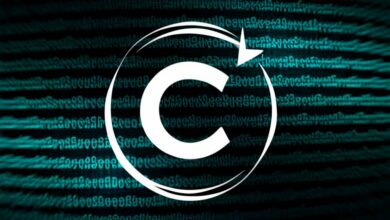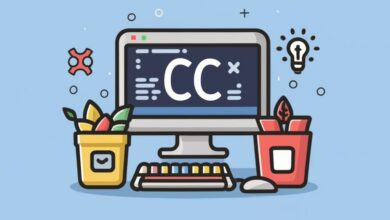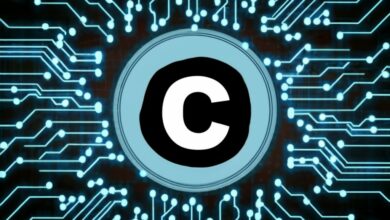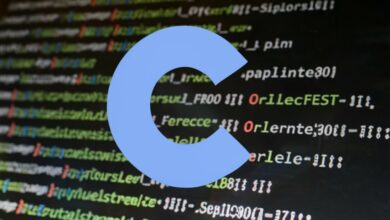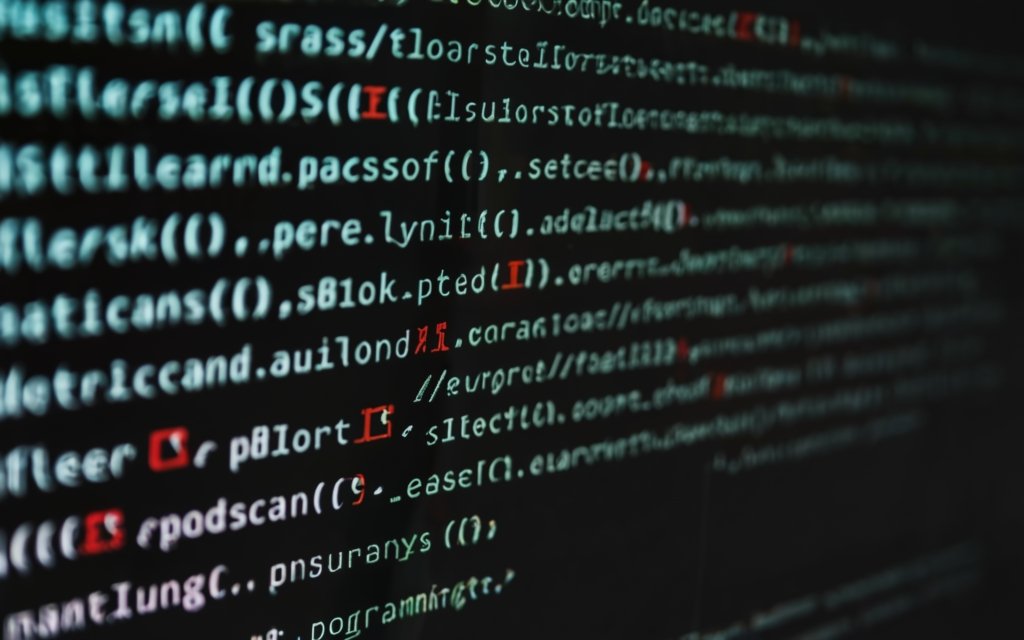
Learn C Programming in Easy Way
C might seem like a daunting language at first, but with the right approach, it can be surprisingly accessible and even enjoyable to learn. This guide will break down the process into manageable steps, helping you take your first strides in the world of C programming.
1. Start with the Basics:
- Install a compiler: You’ll need software to translate your C code into machine-readable instructions. Choose a beginner-friendly compiler like MinGW or Cygwin on Windows, or clang on macOS/Linux.
- Get familiar with syntax: Learn the basic building blocks of C code, like variables, data types, operators, and control flow statements like
ifandforloops. Play around with simple programs like “Hello, world!” to get a feel for the syntax.
2. Master Loops and Functions:
- Mastering loops:
for,while, anddo-whileloops are fundamental for repetitive tasks. Practice using them to print patterns, calculate sums, or iterate through arrays. - Discovering functions: Functions let you break down your code into reusable modules. Start with simple functions like adding two numbers, then progress to more complex ones with arguments and return values.
3. Embrace Practice and Resources:
- Practice makes perfect: Write code frequently! Solve small problems, experiment, and participate in online coding challenges to solidify your understanding.
- Utilize online resources: The internet is brimming with C learning resources. Check out websites like tutorialspoint.com, codecademy.com, and online courses to find interactive tutorials, exercises, and explanations.
- Embrace the community: Don’t hesitate to seek help! Join online forums and communities like Stack Overflow to ask questions, share your code, and learn from others.
4. Build Projects and Take the Next Step:
- Get hands-on: Don’t just write code snippets; build small projects like games, command-line utilities, or simple simulations. This will put your skills to the test and give you a sense of accomplishment.
- Explore advanced topics: Once you’re comfortable with the basics, delve into more advanced concepts like pointers, structures, file handling, and memory management.
- Keep learning: C is a vast language, so the learning journey never truly ends. Stay curious, keep exploring, and don’t be afraid to tackle new challenges!
Additional Tips:
- Focus on understanding, not memorizing: Don’t just memorize syntax; strive to understand the underlying concepts and how they work together.
- Break down complex problems: If a problem seems overwhelming, break it down into smaller, more manageable steps.
- Debug your code: Don’t get discouraged by errors! Learn how to debug your code effectively to identify and fix issues.
- Have fun! Programming can be a fun and rewarding experience. Enjoy the process and celebrate your progress!
Remember, learning C takes time and effort, but with dedication and the right approach, you can unlock its power and build amazing things. So, dive in, embrace the challenge, and start your C programming journey today!
Example Code Snippets:
C
// Hello, world!
#include <stdio.h>
int main() {
printf("Hello, world!\n");
return 0;
}
// Sum of two numbers
int sum(int a, int b) {
return a + b;
}
// Print multiplication table
for (int i = 1; i <= 10; i++) {
for (int j = 1; j <= 10; j++) {
printf("%d ", i * j);
}
printf("\n");
}
These are just a few examples to get you started. As you progress, you’ll encounter more complex and exciting applications of the C language!

